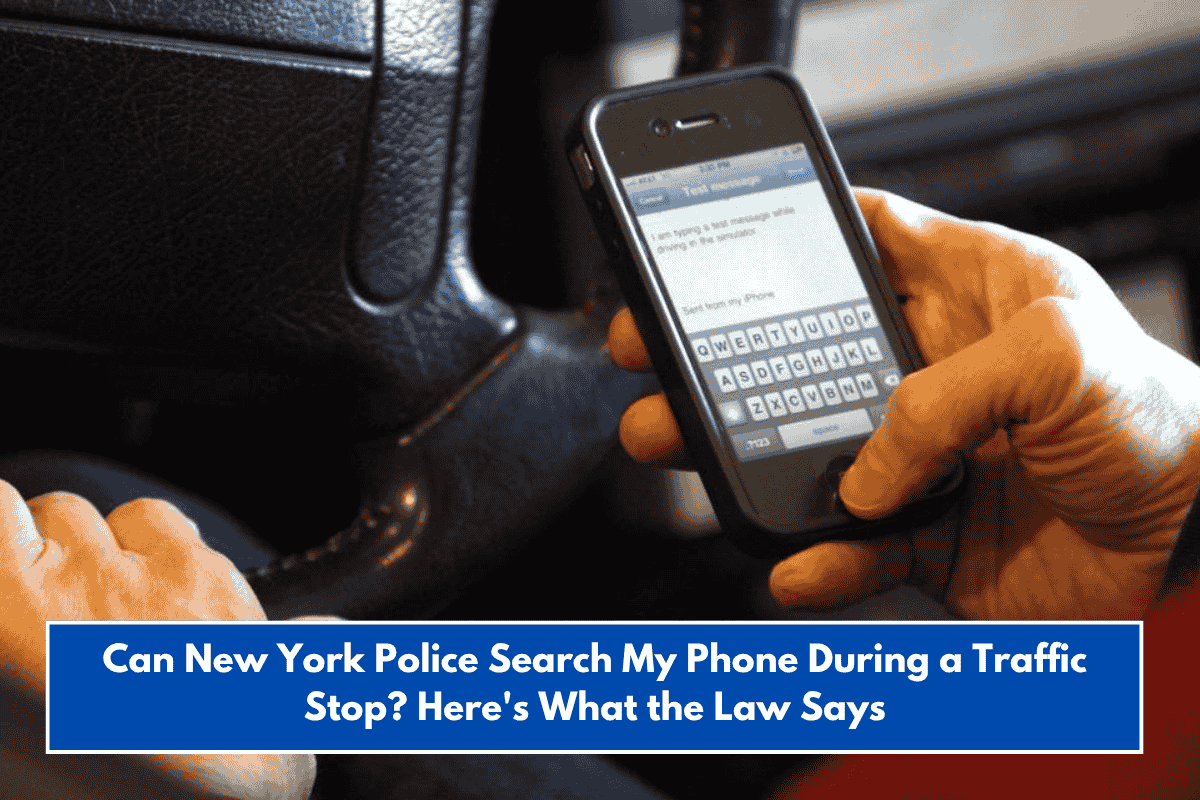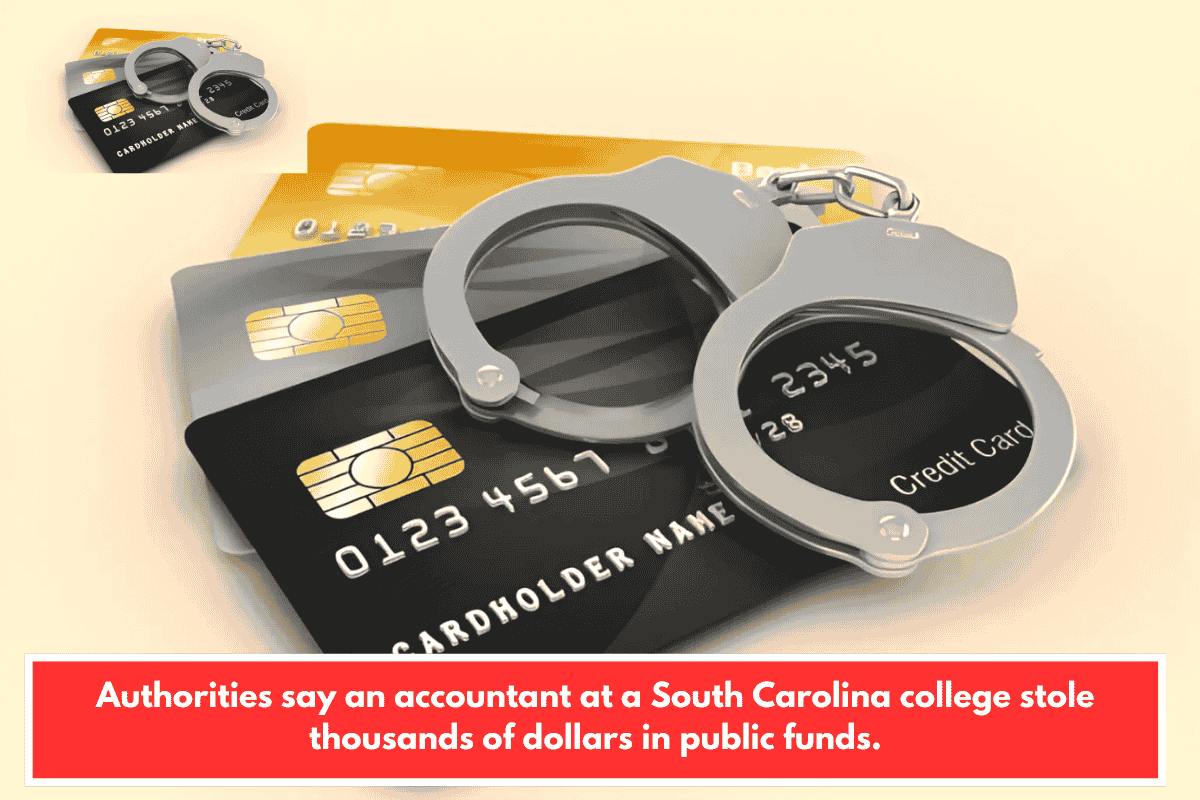No, New York police generally cannot search your phone during a traffic stop without your consent or a warrant. There are limited exceptions, but your phone is protected by strong privacy rights under both state and federal law.
What the Law Says
Fourth Amendment Protections
- The Fourth Amendment of the U.S. Constitution protects you from unreasonable searches and seizures. This protection extends to your cell phone, which is considered highly private and personal property.
Consent
- Police may ask for your consent to search your phone. You have the right to refuse. In New York, officers are required to inform you that you can say no to a search request.
- If you voluntarily hand over your phone or unlock it for police, you are giving consent, and they can legally search its contents.
Warrant Requirement
- Without your consent, police must obtain a search warrant from a judge to access the contents of your phone. The warrant must be specific about which device is to be searched and what information is being sought.
- Even if your phone is seized during an arrest, a warrant is still required to search its contents, as established by the U.S. Supreme Court in Riley v. California (2014).
Probable Cause
- Police may only search your phone without a warrant if there is a clear, legally recognized exception—such as evidence in “plain view” or an immediate threat to safety or evidence destruction. These exceptions are rare and narrowly defined.
Biometric Unlocking
- Police cannot force you to unlock your phone using your fingerprint or facial recognition without a warrant or your consent.
What Should You Do If Asked?
- Politely decline if asked to hand over or unlock your phone, unless the officer presents a valid warrant.
- Clearly state, “I do not consent to a search of my phone.”
- If police proceed without your consent or a warrant, any evidence they find may be inadmissible in court.
Summary Table: Your Rights During a Traffic Stop
| Scenario | Can Police Search Your Phone? |
|---|---|
| You give consent | Yes |
| You do NOT give consent | No, unless they have a warrant |
| Police have a valid search warrant | Yes, but only for devices listed in warrant |
| Phone is seized during arrest (no warrant) | No, warrant still required for search |
| Police ask you to unlock with biometrics | No, not without your consent or a warrant |
Key Takeaways
- You are not required to give police access to your phone during a traffic stop.
- Always clarify that you do not consent if you do not want your phone searched.
- Police need a warrant, based on probable cause, to legally search your phone without your permission.
- If your rights are violated, any evidence obtained may be excluded from court proceedings.
Knowing your rights helps you protect your privacy and ensures law enforcement follows proper legal procedures.
SOURCES
[1] https://www.nyclu.org/uploads/2017/02/kyroverhaul-nyclu-stoppedbypolice-onepager-v01.pdf
[2] https://www.davidyannetti.com/articles/do-i-have-to-give-police-access-to-my-phone-during-a-traffic-stop/
[3] https://jonnaspilbor.com/understanding-your-rights-during-a-police-stop-in-new-york/
[4] https://www.nydefensecounsel.com/blog/searching-cell-phones-when-can-the-police-search-your-devices/
[5] https://www.govtech.com/public-safety/can-police-search-your-phone-during-a-traffic-stop














